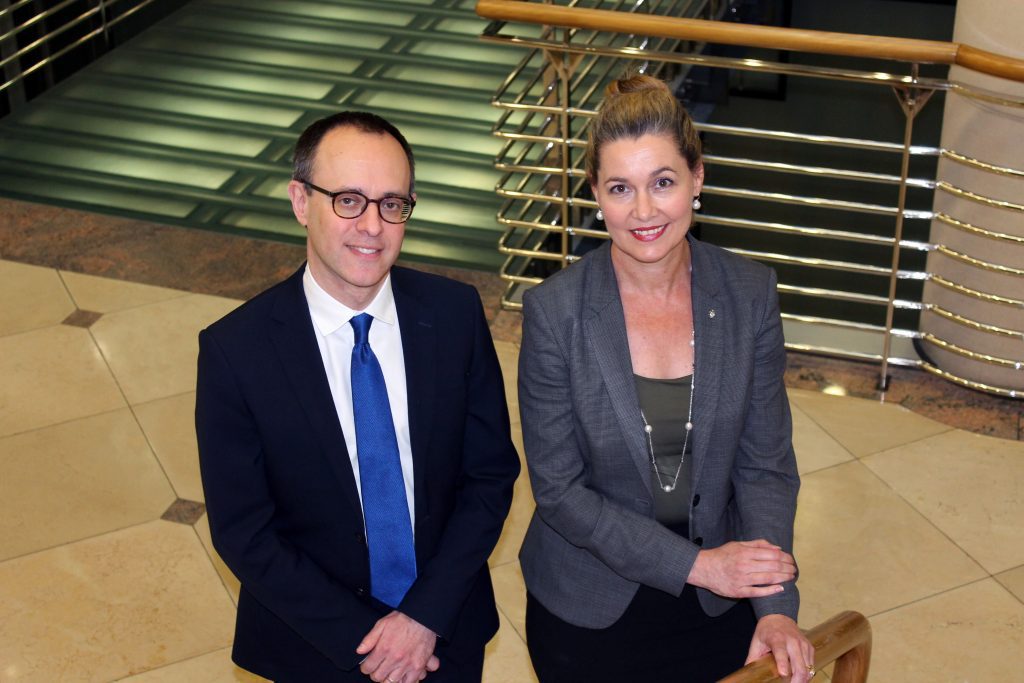Critical Resource, ERM join to tackle ESG risks

London-based Critical Resource and global sustainability consulting firm Environmental Resources Management ERM, have joined up in a deal that is a significant development in terms of the market for ESG and sustainability consulting services.
In late February, ERM acquired Critical Resource, a firm specializing in advising mining and energy firms on climate, Environmental and Social Governance [ESG], and ‘license to operate’ risks. Its senior advisory panel includes the CIO of Blackrock’s natural resources team, Evy Hambro, the chairmen of both Shell and Rio Tinto, and the former United Nation’s lead on sustainable energy.
Mining executives across the globe believe their efforts towards effectively reducing the sector emissions and those of their clients will be key to keeping their licence to operate, as governments become more involved in curbing risks associated with climate change.
Losing social support, or social licence to operate (SOL), is in fact seen as the main risk mining and metals firms are facing these days, an annual study published by consultancy Ernst & Young (EY) shows.
Senior executives of major mining, and oil and gas firms are increasingly concerned about ESG, climate, geopolitical, and SOL pressures
Daniel Litvin, founder and managing director, Critical Resource
Senior executives of major mining, and oil and gas firms are increasingly concerned about ESG, climate, geopolitical, and SOL pressures, Daniel Litvin, founder and managing director of Critical Resource told MINING.COM.
Litvin said Critical Resource, originally founded in 2006, will be a strategic unit within ERM, but will continue its original mandate, which provides advice on how to manage specific assets, how to build good relationships with stakeholders, and contribute to local economies.
Specifics include advice on how to develop scenarios to build community engagement programs.
“[ESG] issues are moving hugely up the agenda for senior executives in resource industries. ESG has become a real fashion among investors. Climate change is hugely up the agenda in terms in of public attention on it and the role of extractive companies and their associations,” Litvin said.
Litvin said there is community and stakeholder distrust of the industry, which means more attention needs to be paid by executives to ESG topics.
“They have to grapple with [these issues] in a much more strategic way than they ever have done,” he said. “There’s no doubt the industry needs to up its game on gender and diversity.”
“These passions on ESG and climate – I don’t think we’ve seen anything yet in terms of the level of intensity they will reach in a few years. The mining industry, and oil and gas, [are] going to be even more of a target of those who are concerned about the environment, and the power of big business, concerned about inequality in resourced countries,” he said.
Litvin said it is imperative that these issues are tackled at a very strategic level within companies, and that skills on how to manage ESG issues will become as important as geology and finance.
“It’s at the board level – these are no longer issues that can be hived off to an external affairs department. These are going to dominate boardroom discussions on how to manage these issues. “
{{ commodity.name }}
{{ post.title }}
{{ post.date }}




Comments